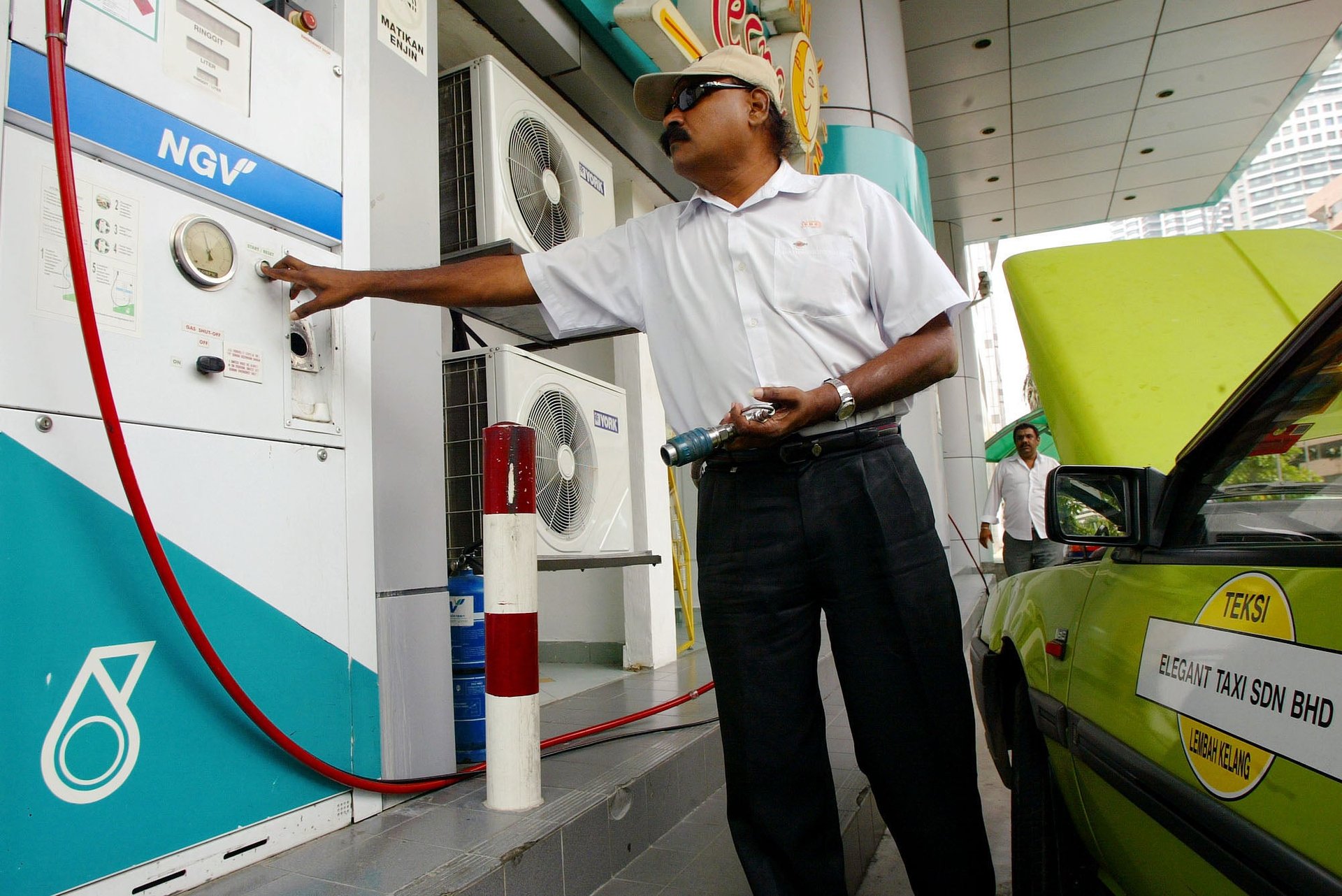The Chinese government is the latest member of the anti-Uber investor alliance
The Chinese government has officially placed its bet against Uber’s success, and not just inside of China—outside, too.


The Chinese government has officially placed its bet against Uber’s success, and not just inside of China—outside, too.
GrabTaxi, a Kuala Lumpur-based Uber competitor that’s active in 21 cities in Southeast Asia, confirmed today that it raised $350 million from investors that included China Investment Corporation—China’s sovereign wealth fund, or CIC—as well as Didi Kuaidi, the Chinese Uber competitor that’s active in over 300 cities nationwide.
News of the investment comes after CIC invested $500 million into Didi Kuaidi earlier this month. The two investments plunge CIC, and by extension the Chinese government, deeper into an alliance of global investors who share a common goal: take on Uber.
Softbank, a Japanese telco that’s quickly becoming one of the most influential investors in Asia, began its anti-Uber tear when it led a $250 million investment in Ola, India’s homegrown ride-hailing startup. Less than two months later, in December 2014, it sunk $250 million in GrabTaxi, and later led $600 million in Didi Kuaidi.
Tiger Global, one of the most aggressive investors in Indian startups, is also a member of this anti-Uber coalition. It invested $5 million in Ola in 2013, and has remained on board since, including through the startup’s $400 million round last April. Tiger Global has also invested in GrabTaxi and Didi Kuaidi, as well as Brazil’s 99Taxis.
Coatue Management, which participated in GrabTaxi’s current round along with a few previous rounds, has also emerged as an anti-Uber investor. The New York-based firm participated in rounds for Lyft and Didi Kuaidi.
It’s difficult to assess how Ola, Didi Kuaidi, and GrabTaxi are faring against Uber because none of the firms will reveal much data about revenue and trips.
Will these anti-Uber investors merge GrabTaxi, Ola, and Didi Kuaidi into a single entity? There’s not much historical precedent in the industry that can help us draw predictions.
In the past, taxi-hailing mergers have only occurred inside a single country’s borders. Ola purchased hometown rival Taxiforsure for $200 million to expand into smaller cities more quickly, and Didi Kuaidi itself was borne out of a $6 billion merger in order to end a vicious money-burning war. But the advantage to merging cross-border in this sector isn’t entirely clear. Even if the companies were to re-invent themselves as GrabOlaDidi, or some such, their primary challenge would remain the same: beat Uber.